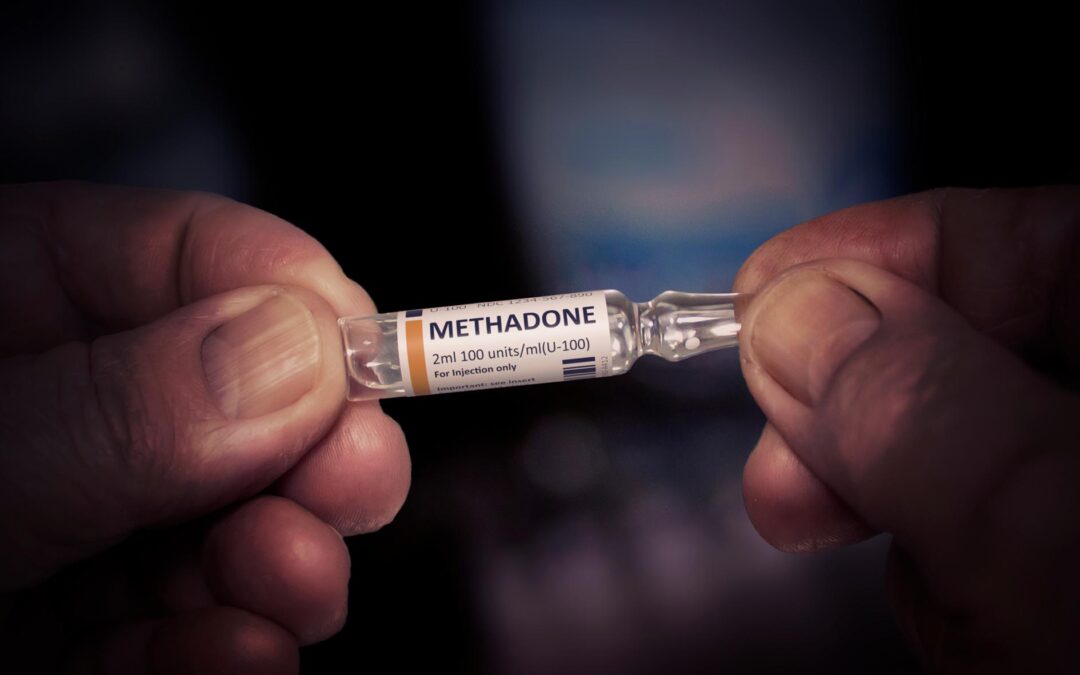Why Quitting ‘Cold Turkey’ Can Be Dangerous and What to Do Instead
Quitting alcohol “cold turkey” might seem like a straightforward solution for those battling alcohol dependence. Abruptly stopping consumption, however, poses significant health risks and complications. Alcohol withdrawal syndrome (AWS) can manifest with symptoms ranging from mild discomforts, such as sweating and nausea, to severe conditions like seizures or delirium tremens. These side effects of quitting drinking cold turkey highlight the perilous nature of this approach.
Seeking professional help becomes crucial to ensure a safe and effective recovery process. Medical supervision provides a controlled environment to monitor withdrawal symptoms and administer necessary interventions. It also offers tailored support through addiction therapy, addressing individual needs and enhancing the likelihood of successful long-term recovery. Understanding these dangers encourages individuals not to go it alone but to seek guidance and support from healthcare professionals during their journey to sobriety.
Understanding Alcohol Withdrawal Syndrome (AWS)
Alcohol Withdrawal Syndrome (AWS) is a critical condition that arises when individuals with alcohol dependency abruptly cease consumption. AWS represents the body’s response to the sudden absence of alcohol, which it has become accustomed to over time. This syndrome underscores the importance of understanding the physiological and psychological shifts that occur during withdrawal.
Common Withdrawal Symptoms
When discussing withdrawal symptoms alcohol can induce, several manifestations are prevalent:
- Sweating: Often excessive and accompanied by chills.
- Rapid Heart Rate: An increased pulse rate, reflecting heightened anxiety.
- Nausea: Frequently leading to vomiting and further dehydration.
These symptoms typically emerge within 6 to 24 hours after the last drink and can vary in intensity, contingent on factors like duration of alcohol use and individual health conditions.
Severe Cases: Delirium Tremens (DTs)
In severe instances, AWS can progress to a life-threatening condition known as Delirium Tremens (DTs). DTs are characterized by:
- Severe confusion
- Agitation
- Hallucinations
- Autonomic instability
Approximately 5% of those undergoing withdrawal experience DTs, with a mortality rate of around 2%. The risks associated with DTs necessitate immediate medical intervention to prevent potential complications. Understanding AWS and its implications is essential for recognizing the need for professional supervision during alcohol detoxification.
The Risks of Quitting Alcohol Cold Turkey
Quitting alcohol cold turkey can be dangerous, with risks that are not only uncomfortable but also potentially life-threatening. When you suddenly stop drinking, your body is deprived of a substance it has become dependent on, leading to various withdrawal symptoms that can worsen quickly.
Key Risks and Factors:
1. Severity of Withdrawal Symptoms
Withdrawal symptoms can vary greatly depending on how much and how long you’ve been drinking alcohol. Heavy and prolonged use usually leads to more severe withdrawal reactions.
2. Life-Threatening Symptoms
Two of the most serious risks associated with quitting alcohol cold turkey are seizures and Delirium Tremens (DTs). DTs can cause severe confusion, agitation, hallucinations, and instability in bodily functions.
3. Increased Risk for Certain Individuals
If you have a history of seizures or have experienced DTs in the past, your risk increases when stopping alcohol cold turkey. This makes it crucial to have medical supervision during detoxification.
The decision to quit drinking alcohol cold turkey should not be taken lightly. Understanding these risks and factors can help you find safer alternatives and emphasize the importance of seeking professional help in managing withdrawal symptoms effectively.
The Importance of Medical Supervision in Detoxification
Undergoing detoxification in a controlled environment is crucial for ensuring safety during the withdrawal phase. Without proper medical supervision, individuals attempting to quit alcohol abruptly may face severe health risks. Professional oversight provides a structured setting where healthcare professionals can monitor withdrawal symptoms and implement necessary interventions.
Medications like benzodiazepines play a pivotal role in managing severe withdrawal symptoms effectively. These medications help to mitigate anxiety, and agitation, and prevent life-threatening complications such as seizures, particularly during the early stages of detoxification. By administering benzodiazepines under medical supervision, the risk of complications like delirium tremens can be significantly reduced.
Key benefits of supervised detoxification include:
- Continuous monitoring: Healthcare providers can promptly address any emerging issues or complications.
- Tailored treatment plans: Individualized strategies are developed based on the patient’s unique needs and medical history.
- Psychological support: Access to counseling and support services aids in addressing the mental challenges associated with withdrawal.
“Why Quitting ‘Cold Turkey’ Can Be Dangerous and What to Do Instead” highlights that abrupt cessation without supervision increases the risk of severe outcomes. Opting for professional guidance enhances safety and effectiveness in managing withdrawal symptoms, paving the way for a healthier recovery journey.
Exploring Safer Alternatives to Quitting Cold Turkey
Embracing a tapering-off method offers a more structured and less daunting path compared to quitting alcohol cold turkey. This approach involves gradually reducing alcohol intake over time, allowing your body to slowly adjust, minimizing the shock of sudden cessation. Through this method, withdrawal symptoms are typically less severe and more manageable.
Benefits of the Gradual Reduction Strategy:
- Minimized Withdrawal Symptoms: By slowly decreasing alcohol consumption, your body has time to adapt, potentially reducing the intensity of withdrawal symptoms.
- Increased Success Rates: Individuals who taper off often experience higher success rates in maintaining sobriety compared to those who quit abruptly.
- Enhanced Psychological Preparation: Gradual reduction permits individuals the time to mentally prepare for complete abstinence, fostering a healthier mindset toward long-term recovery.
Tapering off can be complemented by joining support groups for addiction recovery, which offer community support and guidance. These groups provide an environment where you can share experiences, gain insights from others facing similar challenges, and build a robust support network. Engaging with peers who understand your journey can significantly enhance motivation and accountability during the process.
A well-planned tapering strategy combined with professional guidance and support systems can pave the way for a safer and more effective recovery journey.
Long-Term Recovery Strategies Beyond Detoxification
While detoxification marks the beginning of the recovery journey, sustaining sobriety requires more than just overcoming the initial withdrawal phase. Ongoing treatment strategies post-detoxification are crucial to address underlying psychological factors and prevent relapse. Implementing a comprehensive plan that includes various therapeutic modalities is key to long-term success.
Behavioral Therapies for Addiction Recovery
These therapies form the backbone of many successful recovery programs. Techniques such as Cognitive Behavioral Therapy (CBT) help individuals recognize and alter harmful thought patterns related to alcohol use, fostering healthier coping mechanisms.
Counseling Support in Sustained Sobriety
Regular counseling sessions provide a safe space for individuals to explore emotional triggers and past trauma that may contribute to substance use. This support is invaluable in maintaining motivation and accountability throughout the recovery process.
Support Groups
Participation in groups like Alcoholics Anonymous (AA) or other peer-led support networks can offer a sense of community and shared experience, reinforcing the commitment to sobriety through mutual encouragement.
Combining these elements creates a robust framework for those seeking not only to quit alcohol but to build a fulfilling life free from addiction. Through these personalized strategies, individuals can navigate the challenges of recovery with confidence and resilience.
Final Thoughts on Quitting Alcohol Cold Turkey and Seeking Help from Advanced Addiction Center
Understanding the dangers of quitting alcohol cold turkey highlights the critical need for professional guidance throughout your recovery journey. Attempting to stop abruptly can pose significant health risks, ranging from mild discomfort to life-threatening conditions like seizures and delirium tremens.
Why Quitting ‘Cold Turkey’ Can Be Dangerous and What to Do Instead:
- Abrupt cessation can lead to severe withdrawal symptoms.
- Medical supervision ensures a safer detox process.
- Professional help offers tailored strategies for long-term recovery success.
You can take control of your health by reaching out to Advanced Addiction Center. They provide safe, effective treatment options that prioritize your well-being, ensuring you have the support needed for a successful recovery. With their addiction treatment programs in Medford, Massachusetts, you can embrace the path to a healthier life with expert assistance. This makes each step of your recovery journey manageable and less daunting. If you’re ready to take that transformative first step towards overcoming addiction, don’t hesitate to contact Advanced Addiction Center today.








